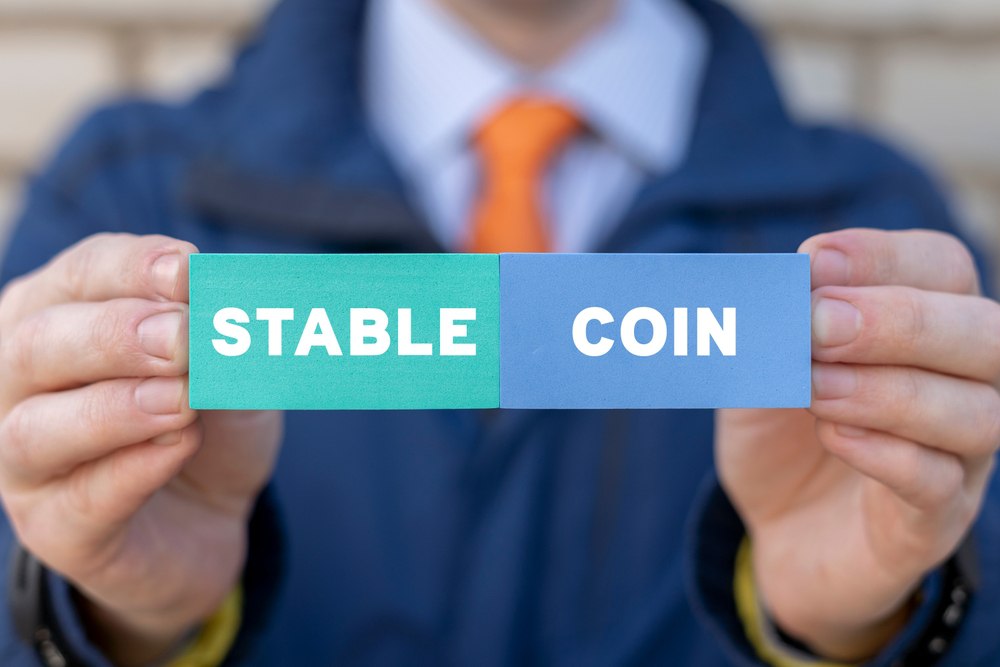As it looks for innovative ideas for the broader adoption of its Central Bank Digital Currency (e-HKD), Hong Kong officials are considering launching the CBDC as a stablecoin backed by the government. It will be simpler for companies to employ cutting-edge technology like Web3, according to Wu Jiezhuang, a member of the Legislative Council for the Hong Kong Special Administrative Region.
Wu Jiezhuang asserted in an interview with China Blockchain News on January 5 said that turning the e-HKD into a stablecoin may effectively handle the problems of deploying virtual assets on Web3.
Winning Over Investors To The Web3 Sector
The member claims that a Hong Kong digital money design will aid the government in winning over investors to the Web3 sector and improve customer security against cyberattacks. Due to multiple stablecoin attempts failing in 2022, this had an adverse knock-on impact on the cryptocurrency market.
Wu Jiezhuang remarked, “The stablecoins that are now on the market are all issued by different private enterprises and are not subject to official scrutiny. Hence, the legislator also suggested the possibility of a stablecoin alternative to make it easier for its residents to access Web3 ecosystems.
The Hong Kong government may consider how the creation of digital Hong Kong dollars may be linked to DeFi platforms and turn into a vital part of trading virtual assets. Wu Jiezhuang, who also serves on the Hong Kong Legislative Council, founded the startup accelerator G-Rocket and plans to lure 1,000 Web3 companies to this platform over the next three years.
Wu Jiezhuang is the most recent government official highlighting the benefits of combining CBDC with DeFi. In September 2022, Thomas Moser, a member of the Swiss National Bank’s governing board, suggested that a CBDC may provide the DeFi sector with more stability and lessen the risks associated with its growth.
A CBDC doesn’t have to be a competition to a private or decentralized cryptocurrency, according to Mikkel Morch, executive director of the digital asset hedge firm ARK36. He also mentioned that a CBDC might lessen the value of personal stablecoins.
‘Cash 2.0’ Development
The features consumers value in money, such as anonymity, and universal acceptability, are included in the next-generation payment system, which central banks support.
Additionally, as the use of currency has decreased and financial services have been increasingly digitalized in both developed and developing nations, issues with financial inclusion have gotten worse.
Consequently, CBDCs might provide central banks with the resources they require to enable unbanked people to access financial services. Many are unbanked because they are hesitant to deal with commercial banks or banks overlook them because they need significant profit potential.
Conversely, those rules don’t apply when performing digital transactions. Account holders may access and conduct financial transactions with their funds via digital wallet applications, and CBDCs can make that possible. Also, the transaction data is instantly recorded on the central bank ledger.
